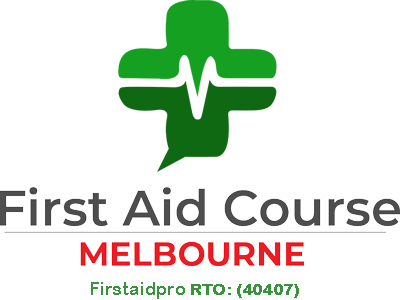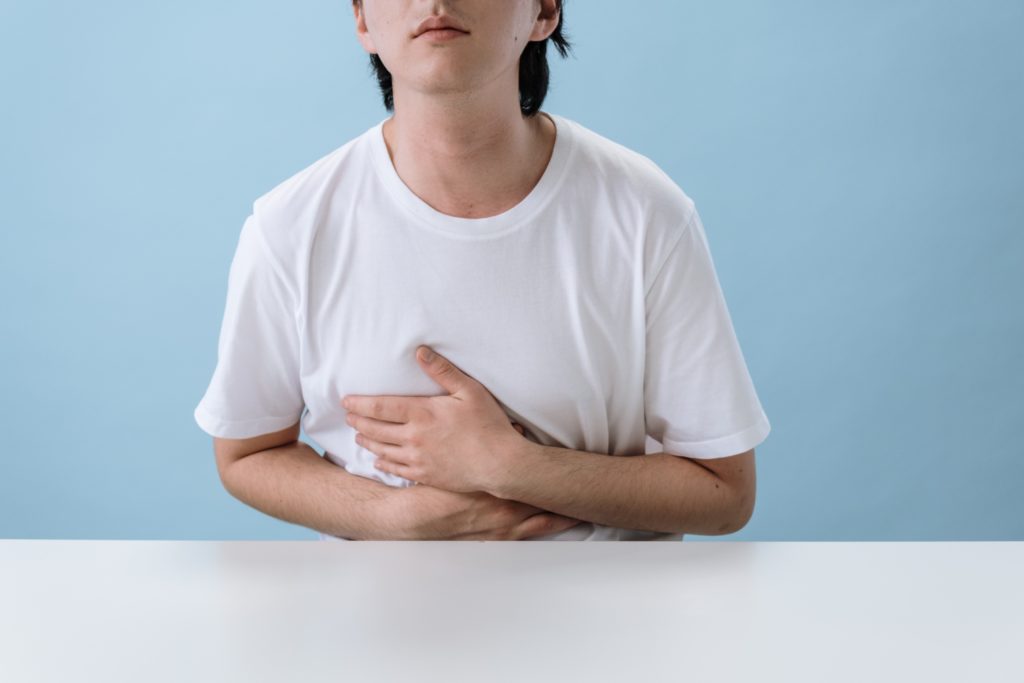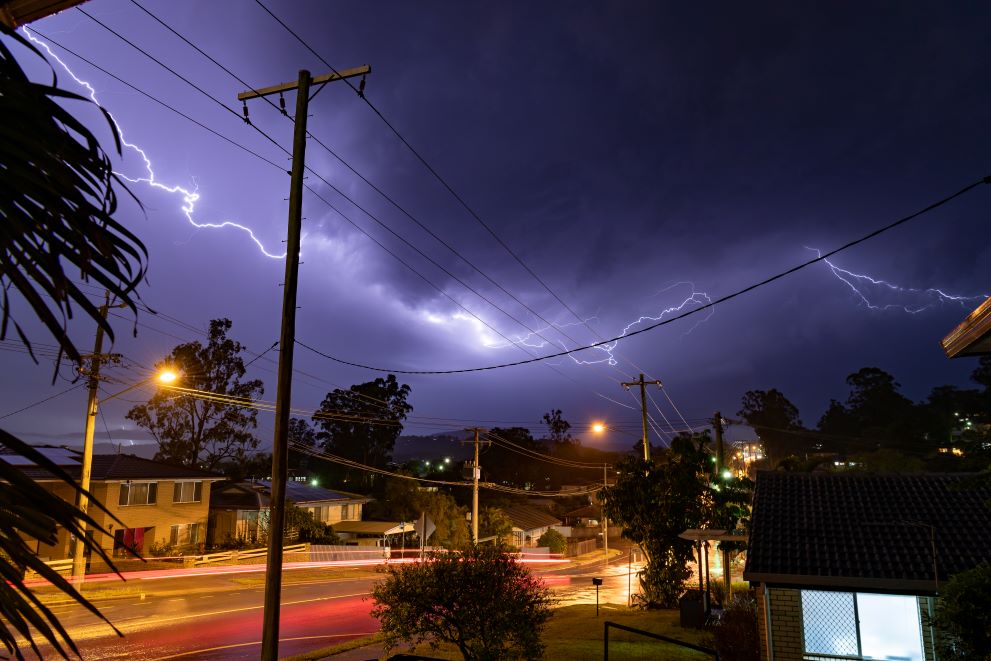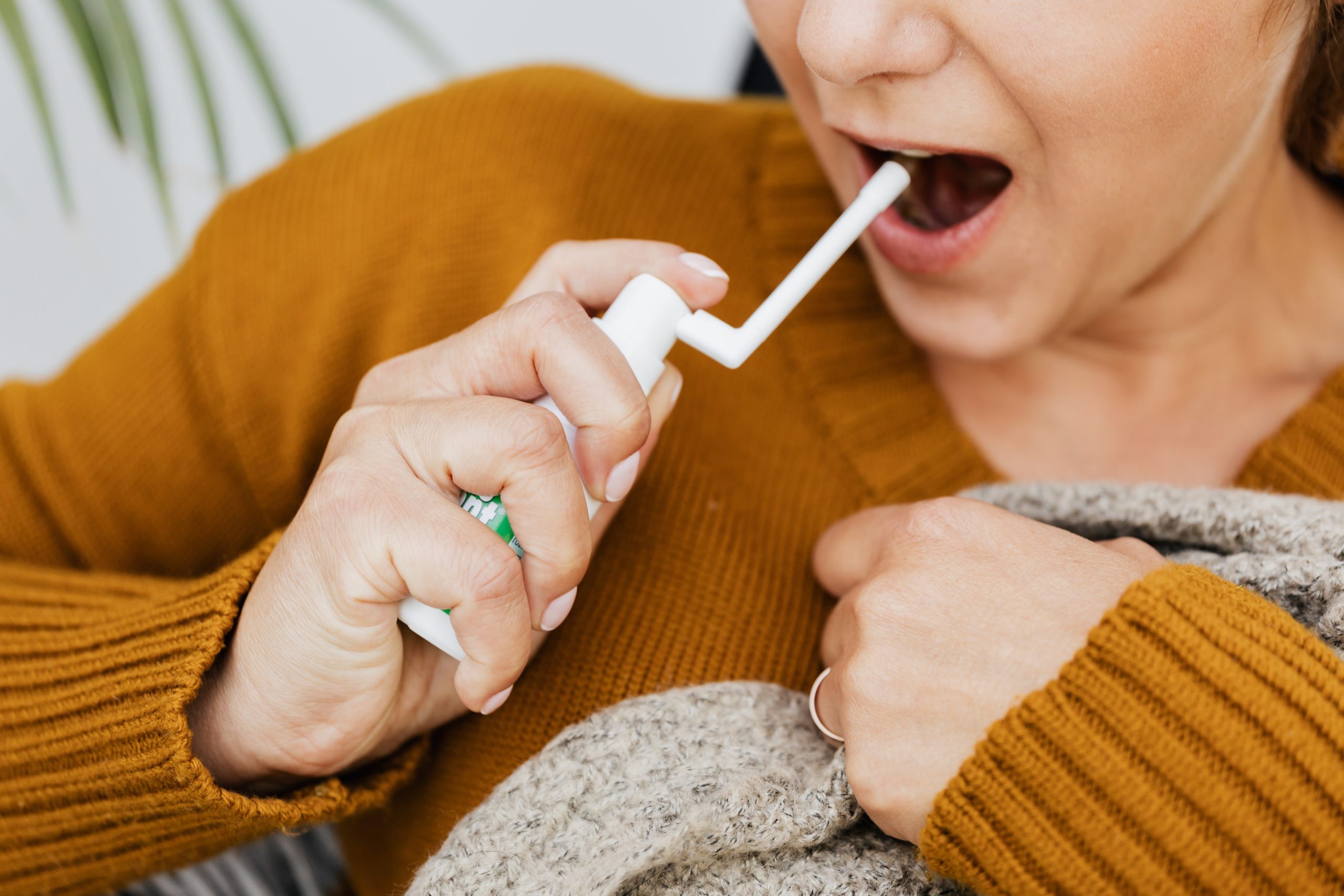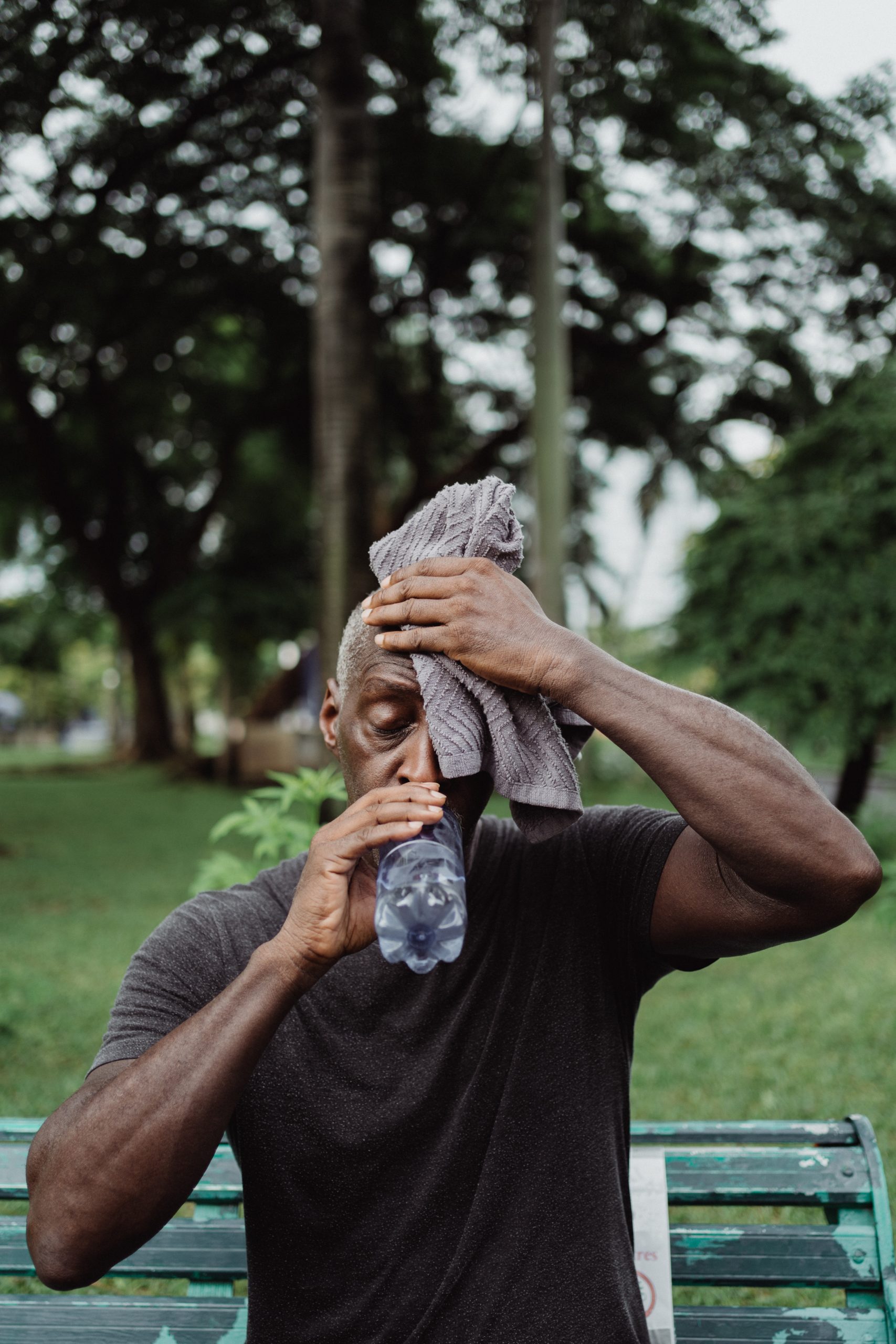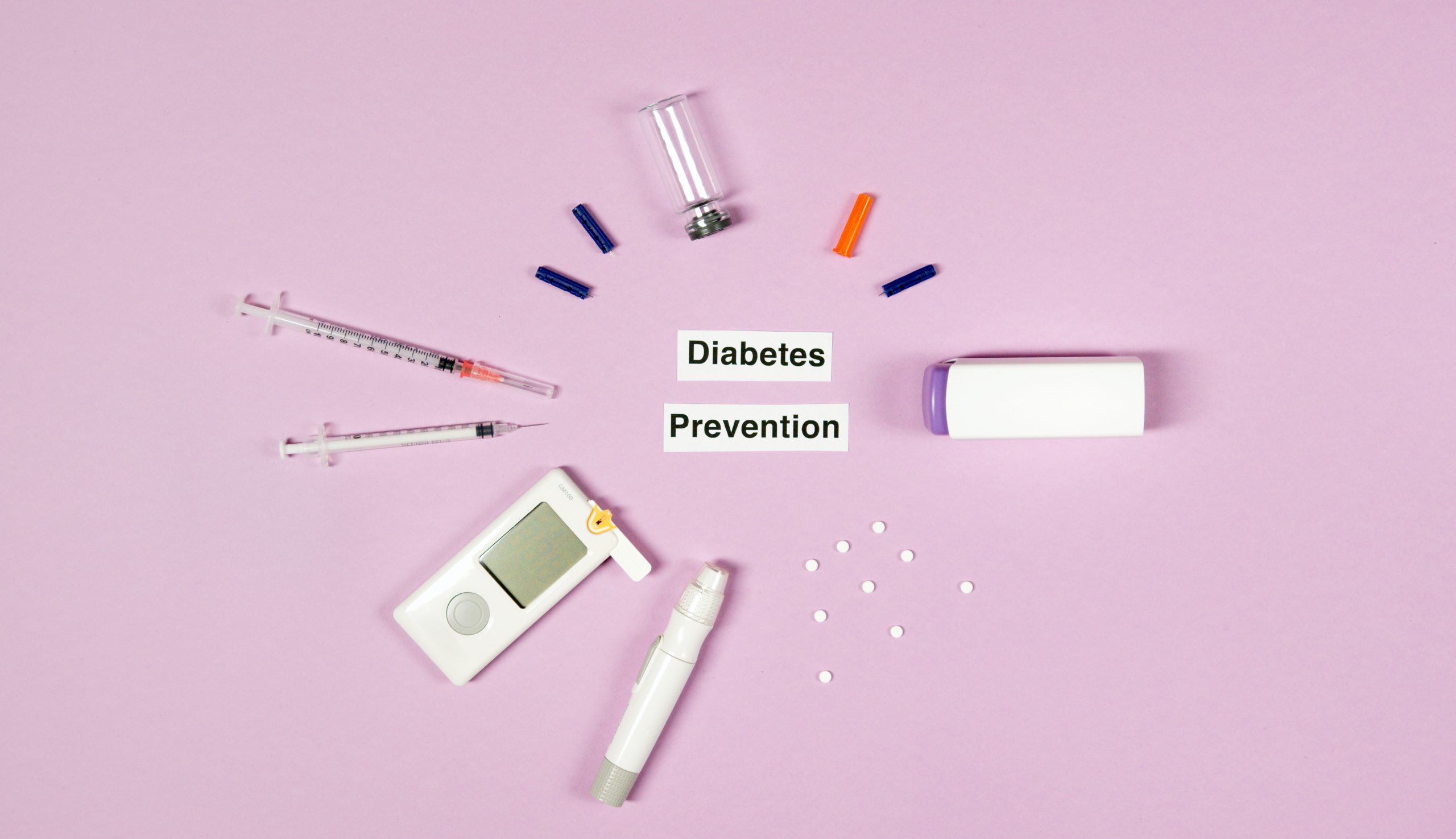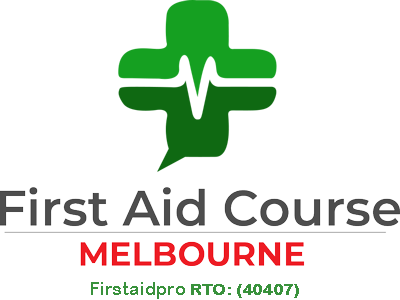A recent survey says that acute diarrhea affects more than 40% of the world’s population, especially children. Following diarrhea, most of us will feel weak, tired, and dehydrated. This is no surprise considering the resulting loss of important nutrients, fluids, and salts from our bodies.
Diarrhea Definition
Diarrhea is characterised by having loose, watery stools or having a frequent need to have a bowel movement. It typically lasts for a few days and often goes away on its own without any treatment. Diarrhea has two types: acute or chronic.
Acute diarrhea is a fairly common condition that only lasts for several hours or days. It can be a result of a viral or bacterial infection such as cholera. It could also be due to food poisoning.
Chronic diarrhea refers to having an upset stomach that lasts for at least four weeks. It is a persistent feeling, usually a result of an intestinal disorder, such as celiac disease or Chron’s disease. It may be a symptom of a much serious condition such as irritable bowel syndrome or inflammatory bowel disease. Chronic diarrhea may present as a life-threatening illness for someone with a weak immune system or underlying medical issues.
Many of us have the misconception that having diarrhea is a sign that our body is trying to get rid of something from the inside. We take it as a positive sign, and we think it’s better to let it ‘flush’ all bacteria or toxins out of the body.
False.
Diarrhea is not a defence mechanism against something. In fact, it is a symptom of the disruption of the perfectly working machine that is our digestive system. The human body has an immune system, which is responsible for fighting off infection. There is really no need to leave bacteria to run its course.
Diarrhea, when left untreated, can cause you to lose essential fluids and salt in the body. This will eventually leave you feeling weak and depleted. Early first aid treatment can limit this loss so you can start to feel better, and your system recovers quickly.
Causes of Diarrhea
You may experience diarrhea as a result of several conditions and circumstances. Here are some of the potential causes of diarrhea, including:
- Food intolerance (e.g. lactose intolerance)
- a food allergy (shellfish, fish, etc.)
- adverse reaction to a medication
- viral infection (rotavirus)
- bacterial infection (cholera, salmonella, e.coli)
- intestinal disease
- parasitic infection
- gallbladder or stomach surgery
Symptoms of Diarrhea
There are several symptoms of diarrhea, and it can vary for every person. If you are lucky, you may experience only one of these or worse, a combination of 2 or more of them. Take note that these symptoms may depend on their cause.
It is common to experience one or more of the following symptoms:
- nausea
- abdominal pain
- cramping
- bloating
- dehydration
- fever or high temperature
- bloody stools
- having a frequent urge to evacuate your bowels
- a noticeable large volume of stools
Severe Diarrhoea can cause you to lose fluids and nutrients quickly. It may also put you at risk for dehydration and malabsorption. If you do not receive prompt treatment for diarrhea, it can lead to serious consequences.
First Aid Treatment for Diarrhea
Diarrhoea may run its course and get better on its own. However, if you want to ease the symptoms even for a bit, you may try these first aid tips.
Drink plenty of fluids
Rehydrate as much as you can to take back the fluids in your body that have been lost.
Eat healthily
Since nutrients are also flushed away during loose bowel movement, eating carbohydrate-rich foods and fibre-based edibles is best.
Take medication
Consult your doctor on which medications are best in slowing down loose bowel movements.
Rest
Take a rest, especially if you are feeling weak after the frequent trips to the toilet. Avoid further strain to promote faster recovery.
See a doctor if diarrhea occurs after a recent foreign trip. You may have what they called “traveller’s diarrhea.”
Knowledge is Power.
Dig deeper into first aid topics you care about most. Check our blog section to read more on health and safety tips.
